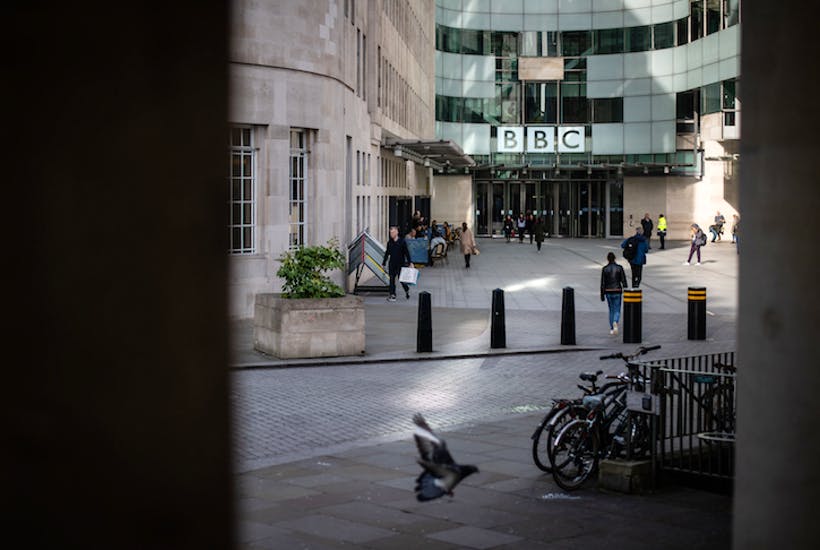The BBC has a penchant for staging debates on the decriminalisation of drugs. I should know because I am often drafted in as the right-wing loon to provide a bit of balance to the enlightened drugs expert putting the more fashionable view. These debates always go the same way. I argue that if a substance is dangerous enough to be banned then you need to punish the users as well as the suppliers because it is they who are creating the market. Without these consumers, the drug-pushers would have nothing to sell. The enlightened expert is then invited to say how damaging it is to drug-users to be given a criminal record which will hurt their chances in life and prevent them from seeking help.
But there is one subject on which the BBC seems rather less keen on decriminalisation. Culture secretary Lady Morgan this morning launched a consultation on whether the failure to buy a TV licence should continue to be a criminal offence. The BBC is adamant that it should – on the grounds that downgrading licence fee evasion would cost it an estimated £200 million a year. What about the argument that offenders who refuse to pay a fine for not having a TV licence will be burdened with a criminal record that could prevent them from getting a job, a home, a mortgage or a loan? It seems not to apply in this case.
TV licence fee-evaders are evil-doers who are failing to contribute to Gary Lineker’s £1.75 million salary and they deserve the full weight of the law descending upon their heads (although to be fair to Lineker he has recently diverged from his employers and said he thinks the licence fee should be voluntary).
Another subject that preoccupies the BBC is gender inequality. The merest hint of a statistical imbalance between male and female representation in the favour of men and whole BBC programmes will be devoted to the issue, hinting at some kind of underhand discrimination at work. Except, that is, in one particular instance: that of prosecutions for TV licensing evasion, 72 per cent of which are against women. On this, the BBC likes to hide behind a report commissioned by the government from David Perry QC, who concluded that there was ‘no evidence to suggest that enforcement activity is unfairly and intentionally targeted at women’. That’s okay then – though somehow I suspect that such an explanation would not be accepted for any other imbalance.
Women end up being prosecuted because they are the ones at home during the daytime when the TV licence enforcement people call. They are soft targets. They get snared because they are poor and struggle to keep up with all kinds of domestic bills. The difference is that with any other bill – be it gas, electricity, hire-purchase scheme or whatever, they will first receive several warning letters and only then will the debt-collectors be set on them. Fail – or even just forget – to pay your TV license, on the other hand, and you are straight on the wrong end of a criminal prosecution.
To have TV licence evasion as a criminal offence is an anomaly, and one that results in a very large number of low-income people ending up with a criminal record – one in ten cases in the magistrates’ courts are TV licence-evasion, with 140,000 prosecutions. That is why it needs to be decriminalised – before, hopefully, the anachronism that is the TV licence is abolished altogether. The BBC’s vision of a Britain where middle-class coke-snorters go free while low-income groups are rounded up and given criminal records is not one I find appealing.







Comments